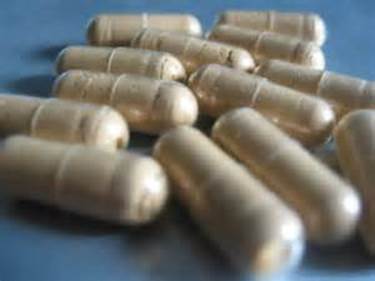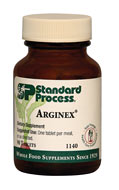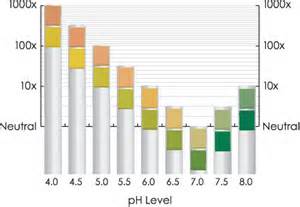Pros and Cons of
Antibiotics and Probiotics
Antibiotics and Probiotics

|
the guest-chamber of the soul; a sick, its prison." Francis Bacon |
While antibiotics are sometimes necessary, particularly for the treatment of an infection, they should be used cautiously because of the various health risks associated with their use. Antibiotics have many side effects, including nausea, diarrhea, stomach cramps, and vomiting. In fact, diarrhea is the most common adverse effect of antibiotic therapy, affecting up to 26 percent of people who take them, with hospitalized patients having a higher risk. Antibiotics extensively destroy bacteria throughout the body, not just in the area where infection is present. While destroying the bad bacteria that cause infection, they also destroy the good or beneficial bacterial flora that lines our gastrointestinal and genitourinary tracts - one course of antibiotics can deplete your normal flora for six months. This can lead to overgrowth of yeast and many other unpleasant side effects. Diarrhea, while common, is not a minor concern. It can be serious and is associated with an increase in hospital stay, a higher risk for other infections, and a threefold increase in mortality.
Antibiotics also carry the risk of allergic reactions, such as from hives and skin itching to anaphylactic shock, which is life-threatening. Today antibiotics are very powerful; while they are lightly effective in destroying the harmful bacteria, their use can lead to other problems. The overuse of antibiotics is a major factor in the development of the bacterial resistance that has recently gained wide attention. Bacteria are becoming less susceptible to the common drugs we use, rendering our antibiotic arsenal less effective at protecting us. The overuse of antibiotics is of particular concern among the elderly, who are at greater risk of infection and are more sensitive to antibiotic side effects like diarrhea, weight loss, and poor appetite.
For all of these reasons, the use of antibiotics should be minimized. The first line of defense for people at risk of kidney infection should be preventative strategies. When antibiotics are taken for an infection, it is important to replenish the normal gastrointestinal flora with the use of probiotics. Probiotics help to reduce the risk of gastrointestinal side effects, strengthen the immune system, and reduce the risk of infections.

that now is the best time of the year.”
Franklin P. Adams
Probiotic is an important supplement for overall health and optimal urinary tract health. This term is used to describe "friendly" or beneficial bacteria that are normal inhabitants of our gastrointestinal and urinary tract. These bacteria are also referred to as our normal flora. Although it is hard to imagine, there are literally billions of bacteria that normally live in our bodies. These bacteria provide many health benefits by protecting against infection, aiding detoxification, producing vitamins, aiding digestion, supporting immune function, and improving cholesterol levels.
A number of factors, including stress, travel, poor diet, and infection, upset the balance of normal flora. One of the most significant insults normal flora is the use of antibiotic medications. Antibiotics indiscriminately destroy both the bad and good bacteria. An upset of normal flora balance can lead to vaginal and yeast infections, with unpleasant conditions such as diarrhea. For these reasons, it is wise anyone taking an antibiotic to replenish the normal flora with a probiotic during and after antibiotic use.
Most urinary-tract pathogens (E. coli) originate in the intestines. Increasing probiotic counts in the intestinal tract, through oral supplements, may help protect against transfer of pathogenic bacteria to the vaginal and urethral area. Probiotics help fight infection by suppressing the growth of harmful bacteria and by boosting immune function.
Most commercial yogurts
are not a good source of probiotics:
- They use pasteurized milk to make yogurt that is very bad for you. Heat pasteurization significantly reduces most of the good bacteria benefits. Most of today's yogurts are pasteurized, unless specially purchased raw and unpasteurized from a local farmer. Even most of the yogurts certified organic by the USDA are pasteurized in some fashion.
- They put refined sugar and artificial sugar in yogurt
- They put very poor quality live bacteria cultures that don’t have any strength. And some yogurts don't contain any live bacteria at all. As great-tasting as many of them are, don't be fooled by yogurt products advertising live cultures beneficial to your digestive system.












